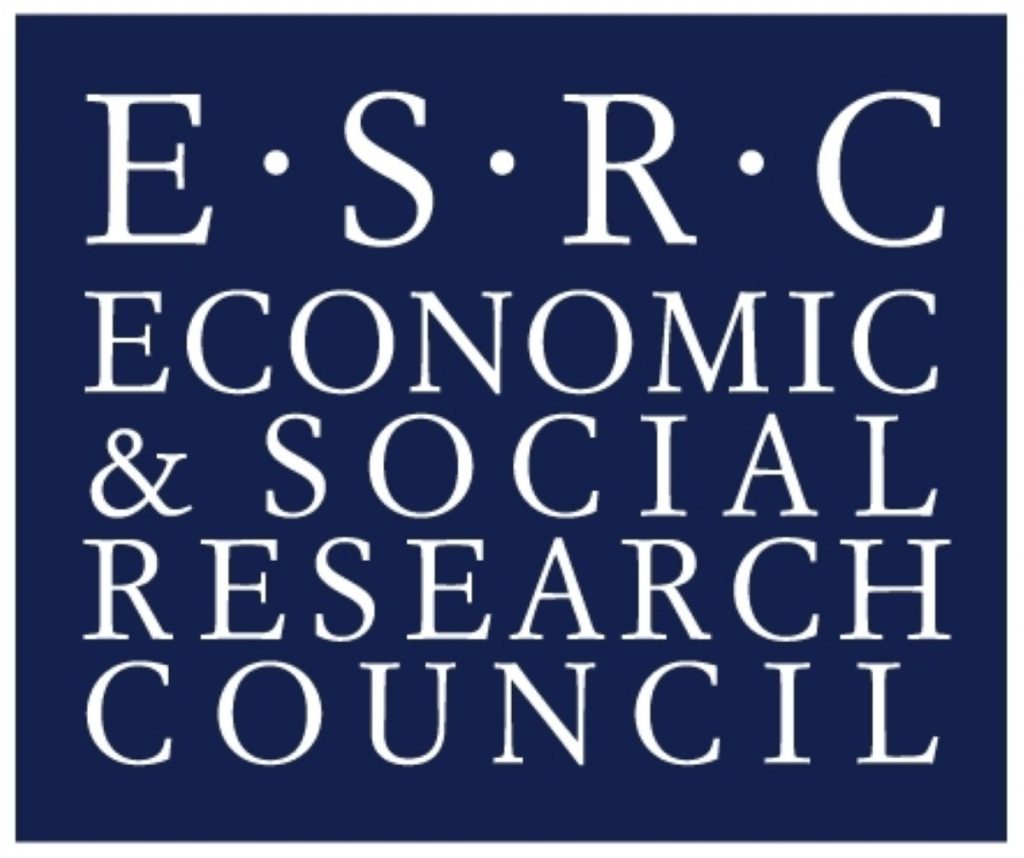ESRC: Festival of Social Science: Specialist support is lacking for LGBT people seeking asylum
Date: 6th November 2014
Time: 9.00 – 17.00hrs
Location: Liverpool
Lesbian, gay, bisexual and trans (LGBT) people seeking asylum – including those living with HIV – face a lack of specialist support and services in the UK, according to new research.
LGBT people seek asylum in the UK to escape persecution, violence and the real threat of death in their own countries. However, new research shows that many experience humiliating questioning by Home Office case workers, and some feel pressured to provide graphic photographs or videos of themselves involved in sexual acts to prove their sexual orientation. The research, led by Jennifer New from the University of Liverpool, and Sahir House, Merseyside and North Cheshire’s HIV charity, will be presented at an event as part of the annual Economic and Social Research Council’s (ESRC) Festival of Social Science.
“This research project will have a significant impact on improving services for LGBT people seeking asylum in the UK, including those living with HIV,” says Steve Earle, Services Manager at Sahir House. “The research carried out so far highlights the problems in the UK asylum process including the degrading nature of Home Office interviews and the extremes that people have to go to, to ‘prove’ their sexual orientation or gender identity.”
People seeking asylum are a vulnerable and marginalised group of people. A dispersal centre since 1999, Liverpool is one of the main cities in the UK where people can seek sanctuary. Sahir House is a charity which provides services to people living with and affected by HIV in Merseyside and North Cheshire. Through their support work, the charity identified a number of key issues affecting LGBT people. In particular, they found that Home Office case workers displayed a lack of understanding of sexual orientation, gender identity and of cultural and state-sponsored homophobia and transphobia in people’s countries of origin. Another issue identified by Sahir House was the lack of research relating to the needs and experiences of LGBT people, particularly of trans people.
In order to investigate these issues, Sahir House and the University of Liverpool worked to develop a research project with a range of organisations including the British Red Cross and Merseycare NHS Trust, as well as asylum and immigration lawyers. Both Jennifer New – research student at the School of Sociology, Social Policy and Criminology at Liverpool University – and Deborah McCormick – research student in the Department of Social Work, Care and Justice at Liverpool Hope University – carried out interviews with service providers.
Their research identified a lack of specialist support for LGBT people seeking asylum including those living with HIV, and a lack of ‘safe spaces’ where LGBT people could disclose their sexual orientation, gender identity and/or HIV status. The study highlighted a need for greater visibility of existing services as well as a need for specialist training for frontline staff in public and third sector agencies. The research also found there is a need for greater access to good quality legal support, and for specialist interpreters who understand issues around sexual orientation, gender identity and HIV.
“Understanding LGBT people’s experiences of the asylum process and relevant support services is vital in order to push for change in the service provision that is available to LGBT people seeking asylum and refugees in Liverpool and Merseyside,” says Jennifer New. “As one of the key areas for asylum dispersal, Liverpool must show its acceptance and sensitivity towards people seeking asylum who are lesbian, gay, bisexual and trans, including those who are HIV positive, and support organisations must work together to improve the provision that is available for these highly vulnerable groups in the future.”
Jennifer New is now undertaking a second stage of ESRC-funded research which will focus on the experiences and needs of LGBT people seeking asylum in Liverpool including those living with HIV, and an analysis of Home Office and tribunal decisions.
The research findings will be discussed at a conference entitled Seeking Asylum in the UK: Lesbian, Gay, Bisexual and Trans (LGBT) Perspectives in Liverpool on 6 November, for social scientists, professionals and activists working in this field. The event is part of the ESRC’s flagship annual Festival of Social Science.
For further information contact:
· Elaine Brown
Email: Elaine@sahir.uk.com
Telephone: 0151 2373989
· Jennifer New
Email: J.L.New@liverpool.ac.uk
Telephone: 07956 373732
· Mimi Gashi
Email: mimi@sahir.uk.com
Telephone: 0151 237 3989
ESRC Press Office:
· Aaron Boardley
Email: Aaron.Boardley@esrc.ac.uk
Telephone: 01793 413122
· Susie Watts
Email: Susie.Watts@esrc.ac.uk
Telephone: 01793 413119
NOTES FOR EDITORS
1. Event: Seeking Asylum in the UK: LGBT Experiences
Location: Liverpool Medical Institution, 114 Mount Pleasant, Liverpool, L3 5SR
Date: 6 November 2014, 9.00 – 17.00
2. The 12th annual Festival of Social Science takes place from 1-8 November 2014 with over 200 free events nationwide. Run by the Economic and Social Research Council, the Festival provides an opportunity for anyone to meet with some of the country’s leading social scientists and discover, discuss and debate the role that research plays in everyday life. With a whole range of creative and engaging events there’s something for everyone including businesses, charities, schools and government agencies. A full programme is available at www.esrc.ac.uk/festival. You can also join the discussion on Twitter using #esrcfestival.
3. The Economic and Social Research Council (ESRC) funds research into the big social and economic questions facing us today. We also develop and train the UK’s future social scientists. Our research informs public policies and helps make businesses, voluntary bodies and other organisations more effective. Most importantly, it makes a real difference to all our lives. The ESRC is an independent organisation, established by Royal Charter in 1965, and funded mainly by the Government. In 2015 the ESRC celebrates its 50th anniversary. www.esrc.ac.uk.





-01.png)